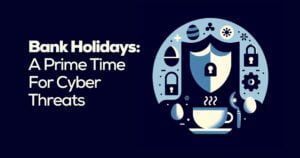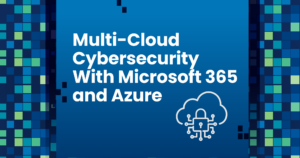In today’s digital age, ensuring the security and reliability of your email communications is paramount. This is where the trio of SPF, DMARC, and DKIM come into play, acting as the cornerstone for safeguarding email deliverability and integrity. Understanding these technologies is crucial for any organisation aiming to protect its email domain from misuse, such as phishing or spamming activities.
Sender Policy Framework (SPF): A Foundation for Authenticating Email Senders SPF is a protocol designed to authenticate outgoing emails, ensuring they originate from authorised domains. By defining a list of approved senders in the DNS records, SPF enables receiving email servers to verify if the incoming mail complies with the domain’s stated policy. This helps in reducing the chances of email spoofing, enhancing the trustworthiness of your communications.
Domain-based Message Authentication, Reporting, and Conformance (DMARC): Bolstering Email Integrity DMARC builds upon SPF and DKIM protocols, providing an added layer of verification to ensure that an email not only passes SPF or DKIM checks but also aligns with the sender’s policies. By specifying how receivers should handle emails failing these checks, DMARC aids in preventing email fraud, thus protecting the brand’s reputation and its customers.
DomainKeys Identified Mail (DKIM): Securing Emails with Digital Signatures DKIM secures email content with a digital signature inserted into the message header. This signature is verified against a public cryptographic key published in the sender’s DNS. DKIM’s role is to ensure that the email content has not been tampered with in transit, offering recipients assurance about the message’s authenticity.
Implementing SPF, DMARC, and DKIM: Steps Towards Secure Email Practices Adopting SPF, DMARC, and DKIM involves updating DNS records and configuring email servers accordingly. It’s a strategic move towards fortifying your email ecosystem against cyber threats. Regularly monitoring and adjusting these settings are recommended to maintain optimal email security and deliverability.
Conclusion The integration of SPF, DMARC, and DKIM is essential for any business looking to secure email communications against the ever-evolving landscape of cyber threats. By implementing these protocols, businesses can significantly enhance the legitimacy and reliability of their emails, fostering trust among recipients and promoting a safer digital environment.
Secure Your Email Now
Ready to safeguard your email communications? Contact our cybersecurity experts today to implement SPF, DMARC, and DKIM protocols for your business. Strengthen your defence against cyber threats now.
Contact one of our experts on 0330 229 0041 or submit an online enquiry.


